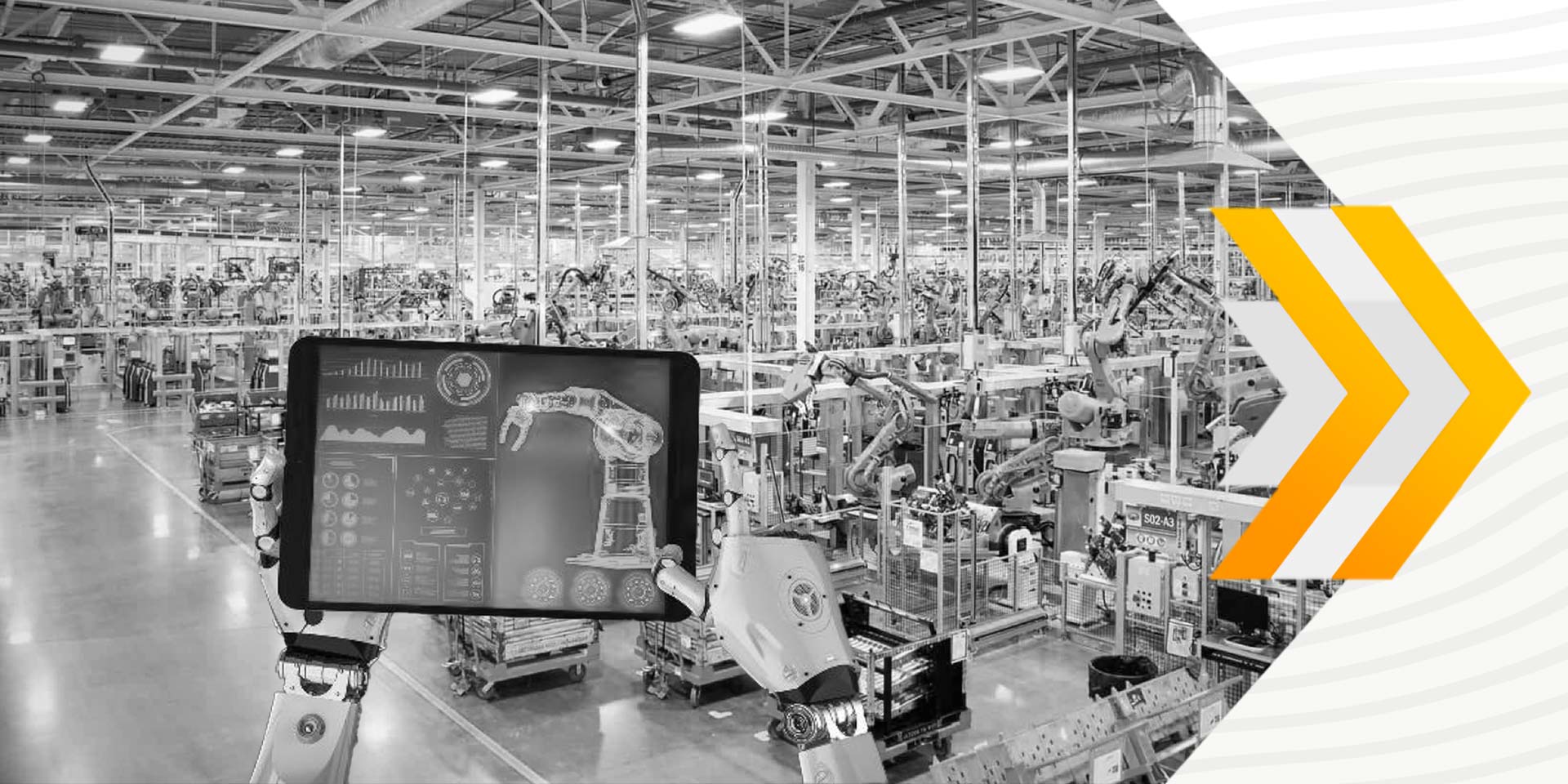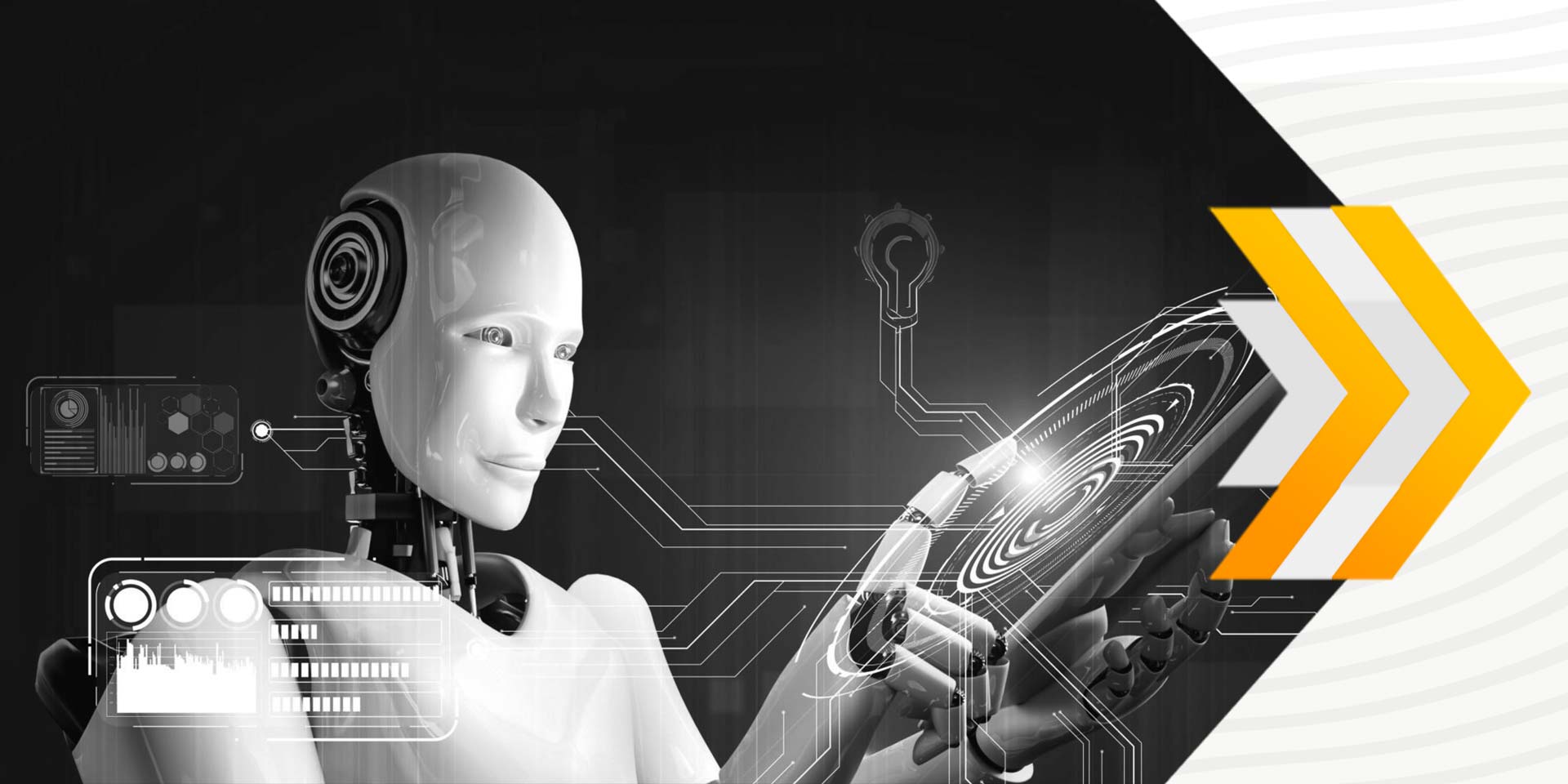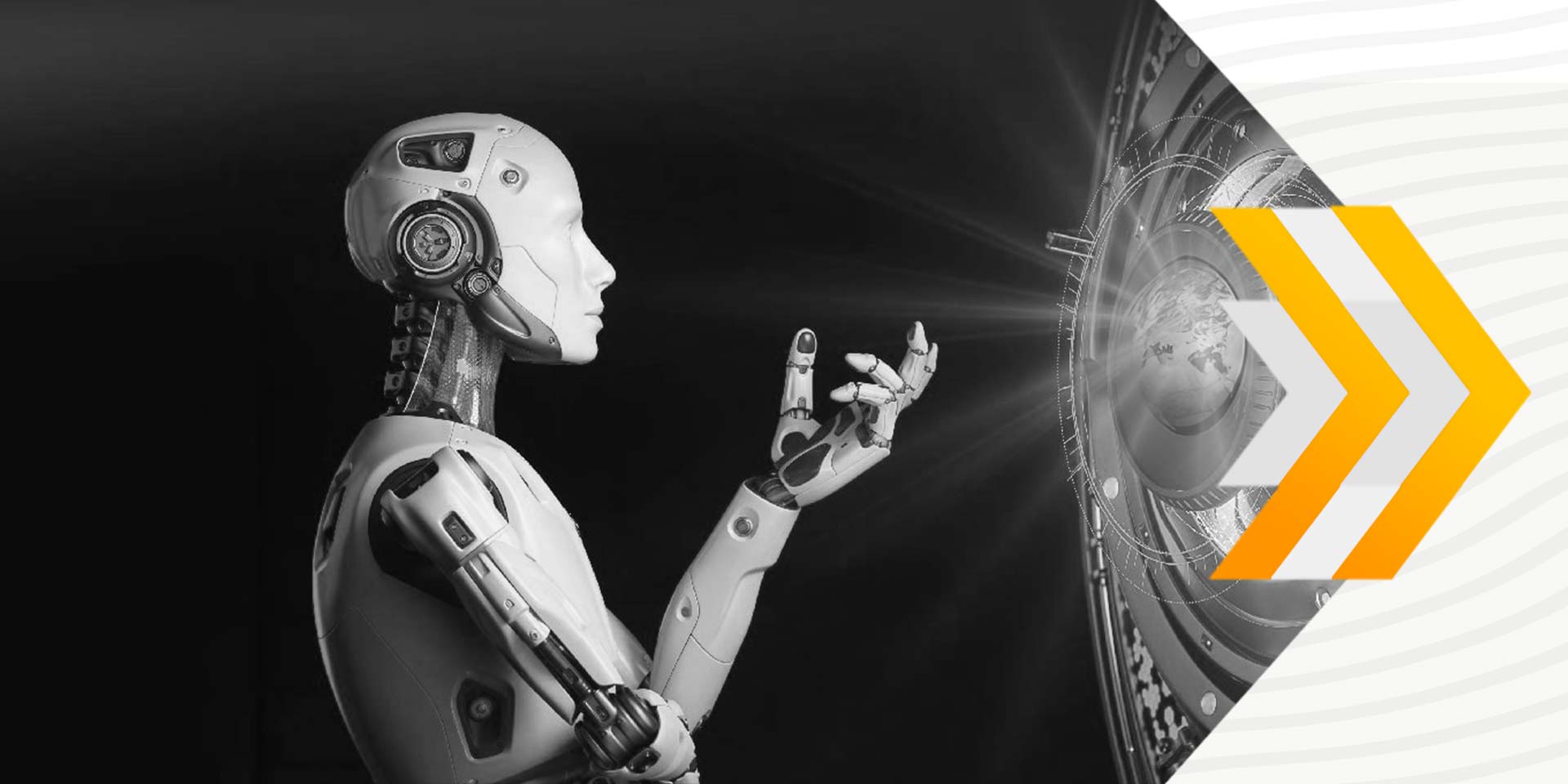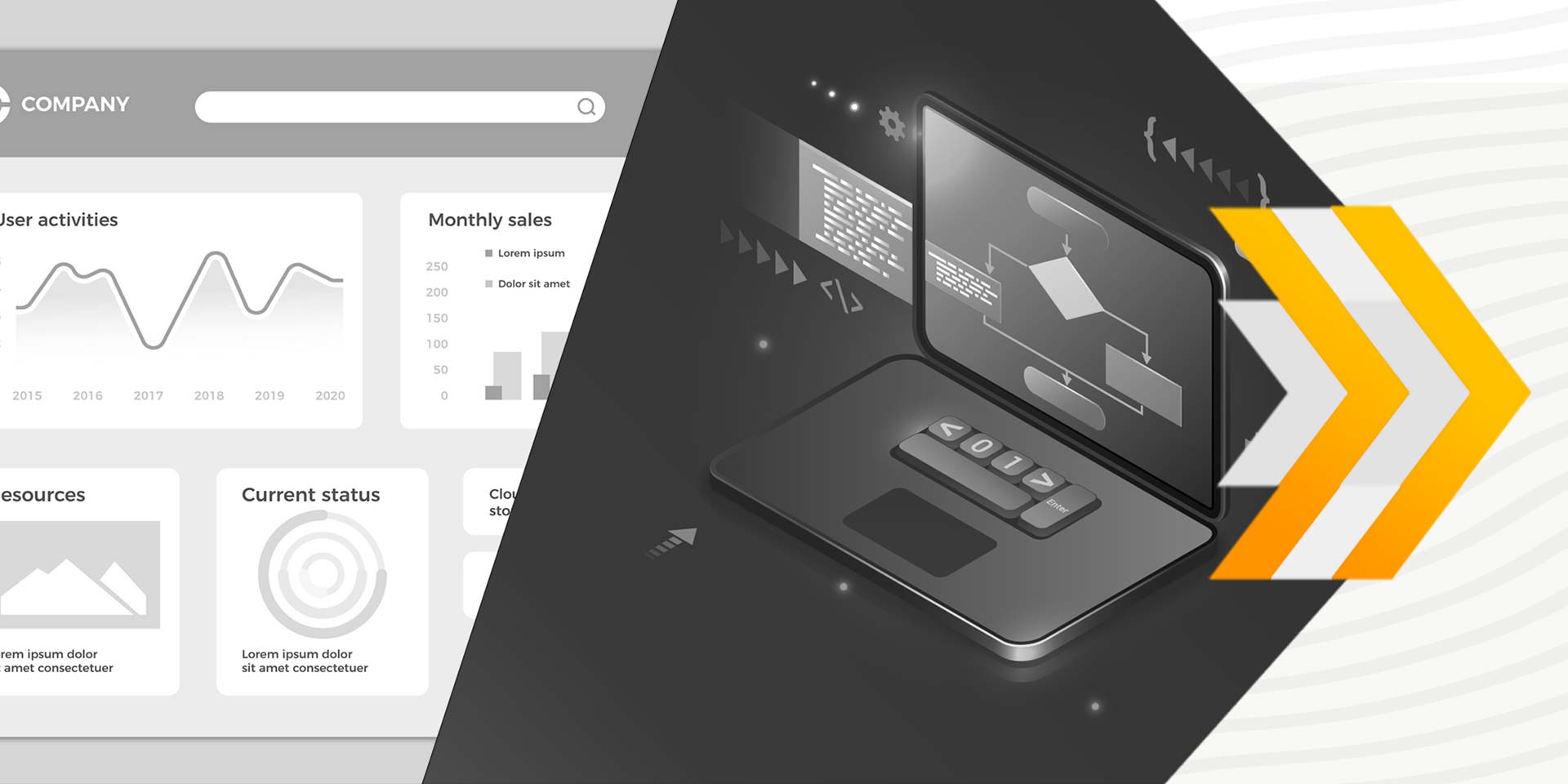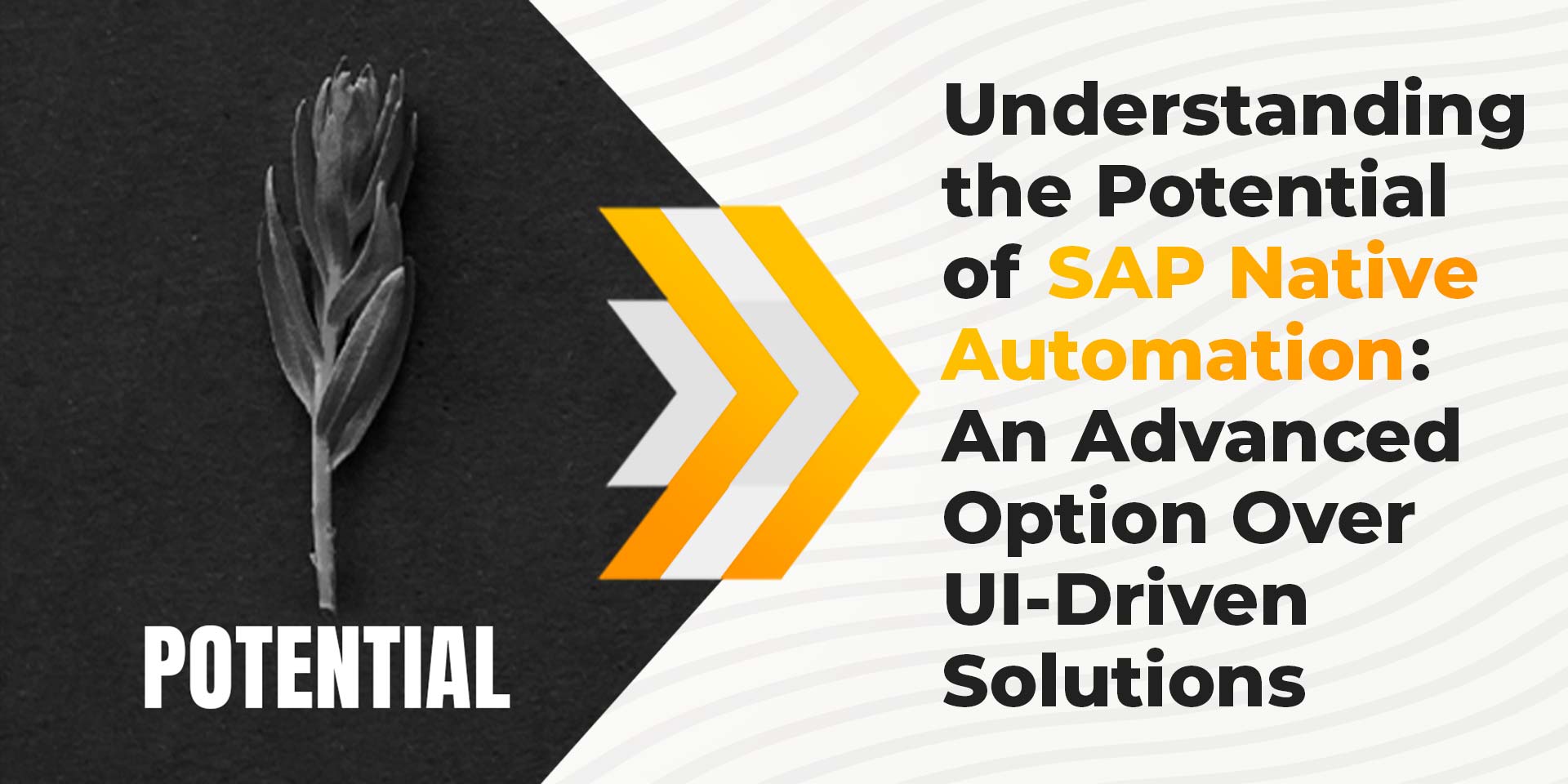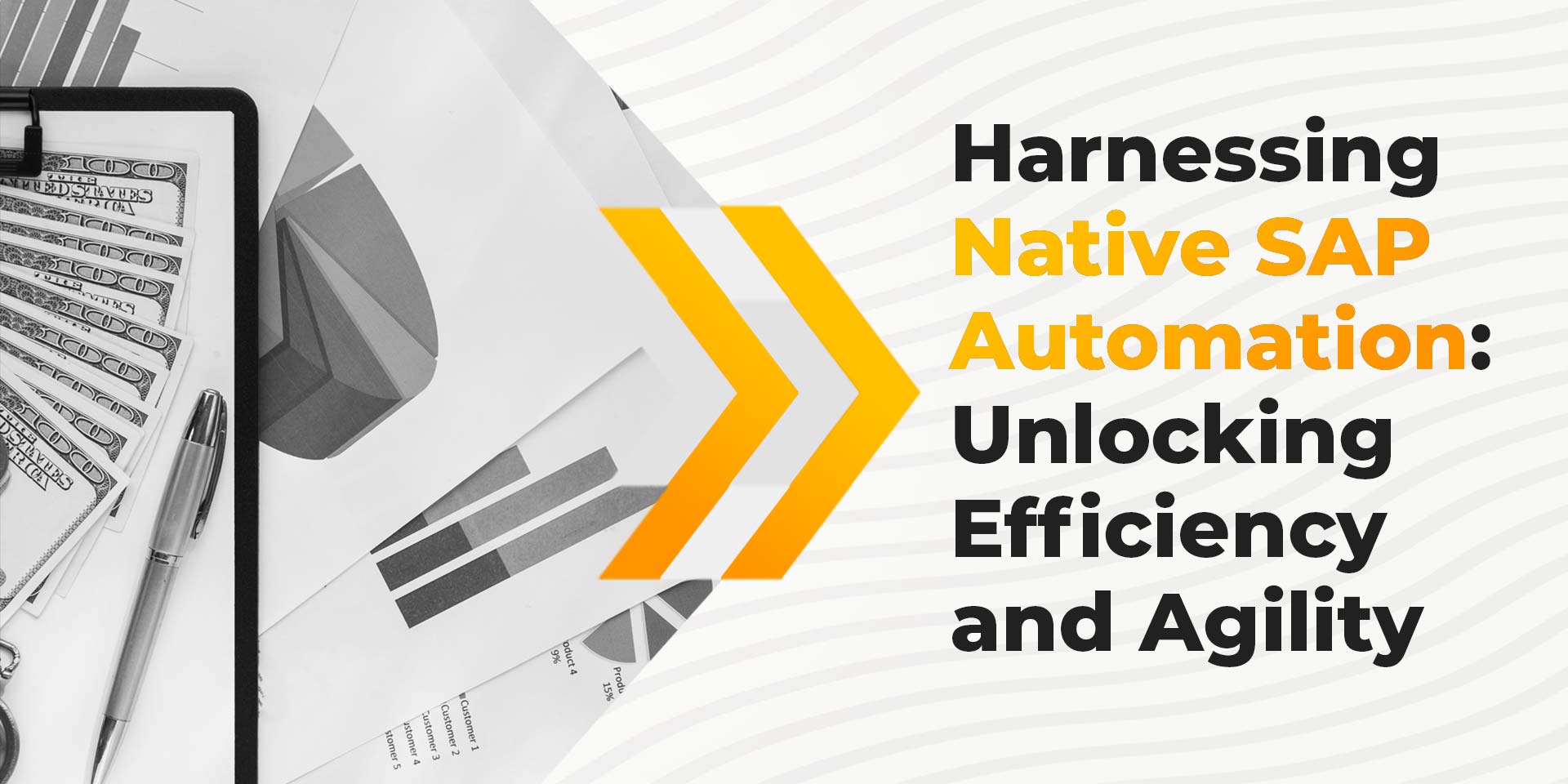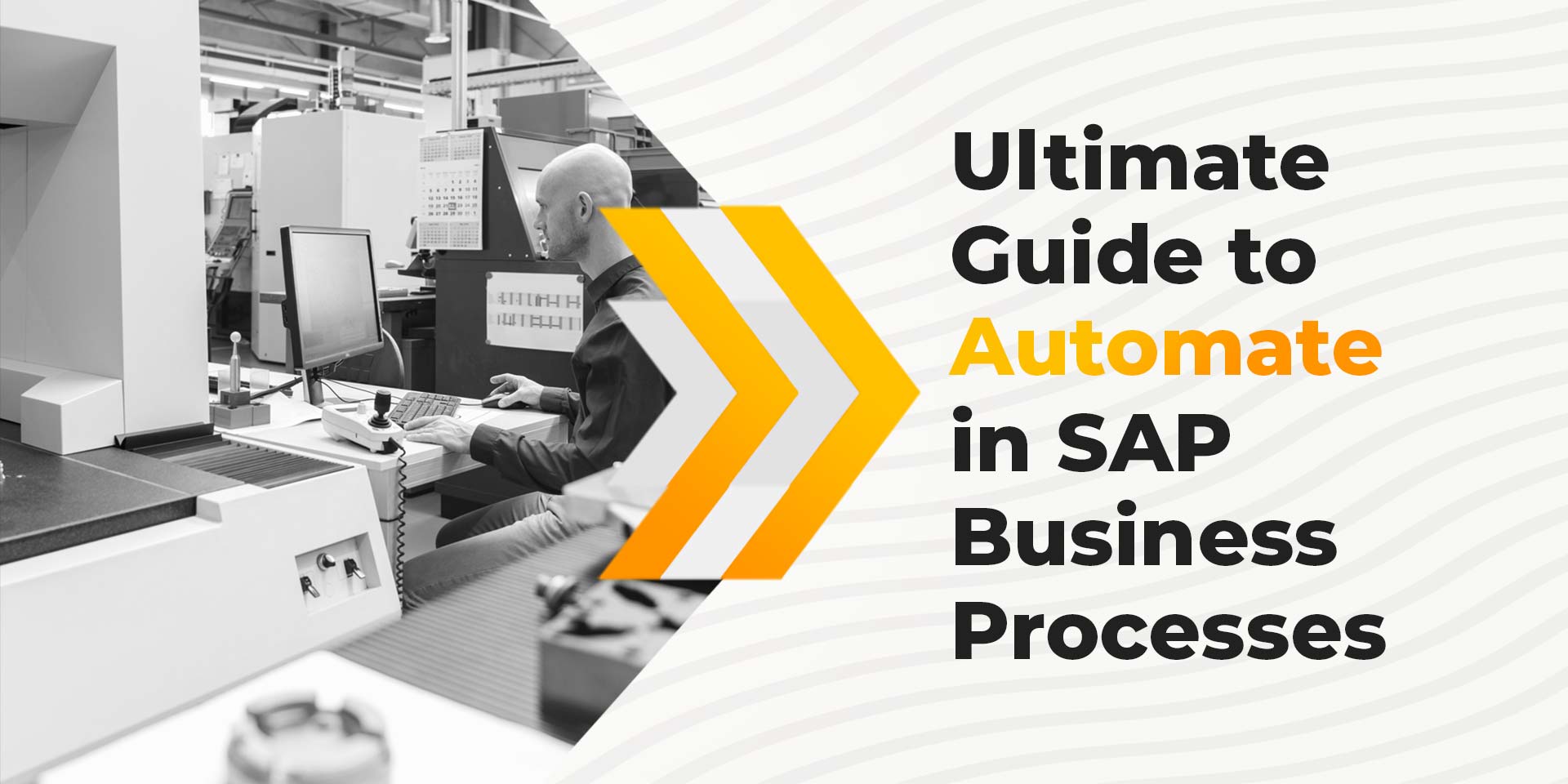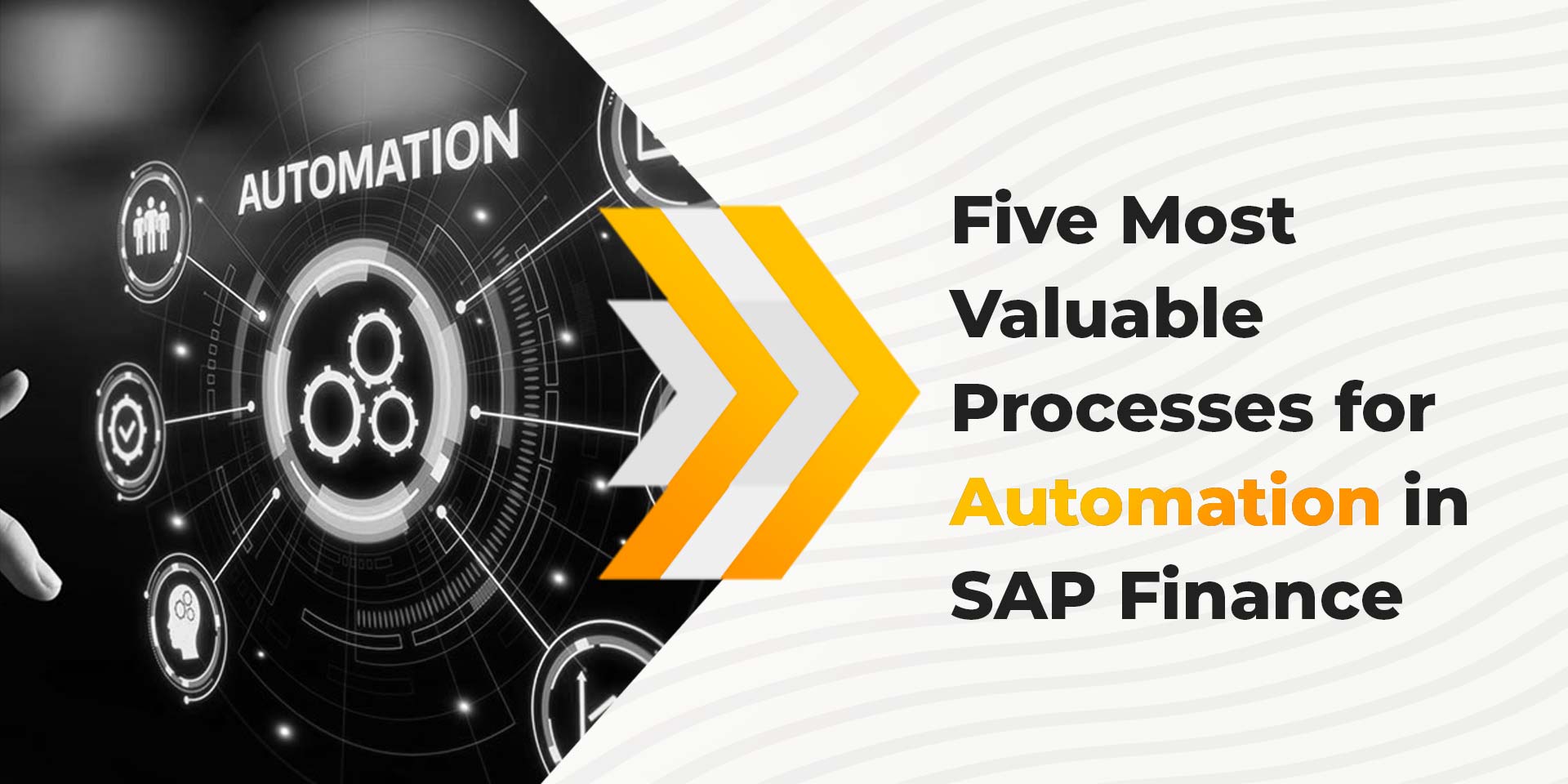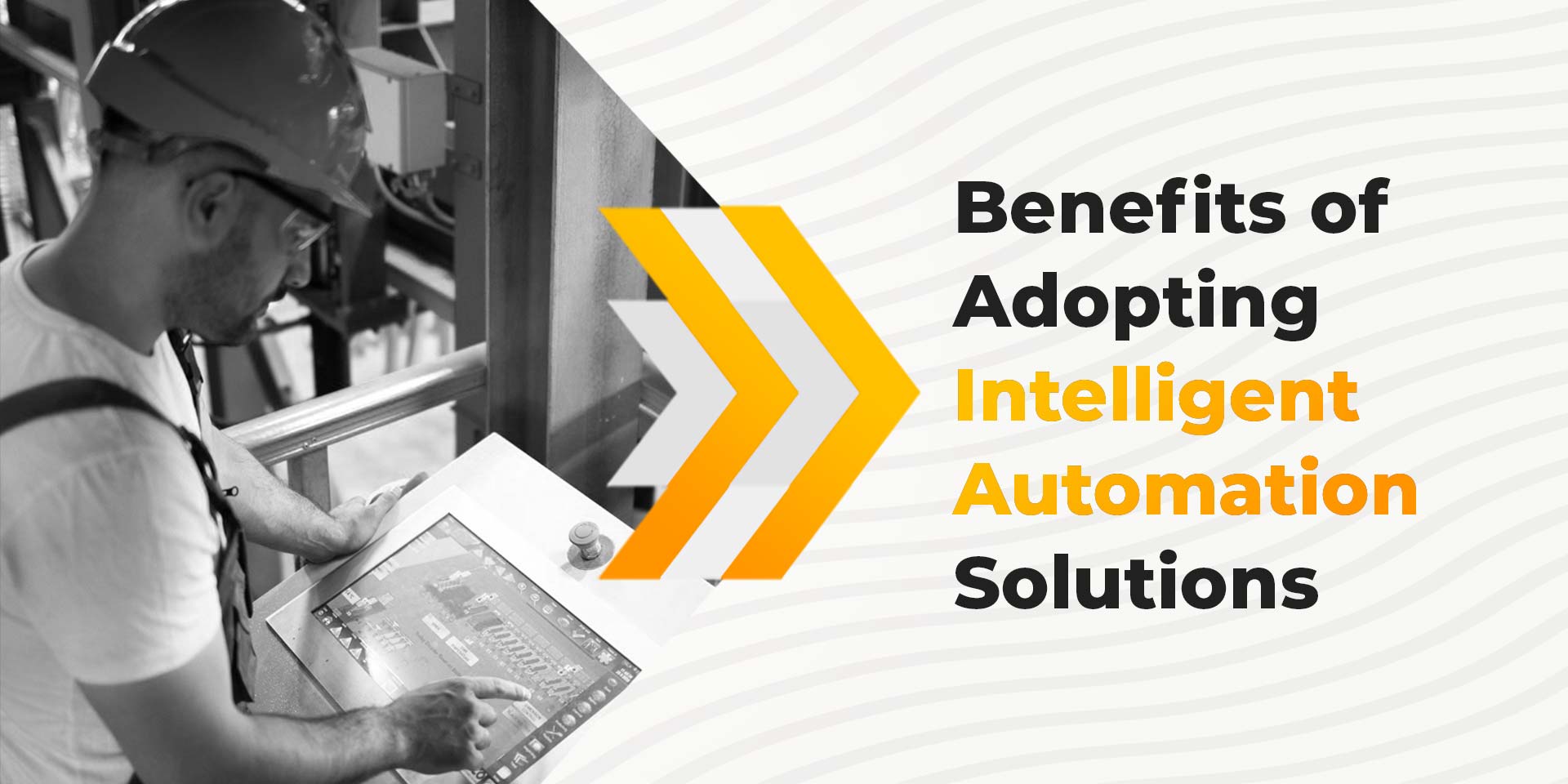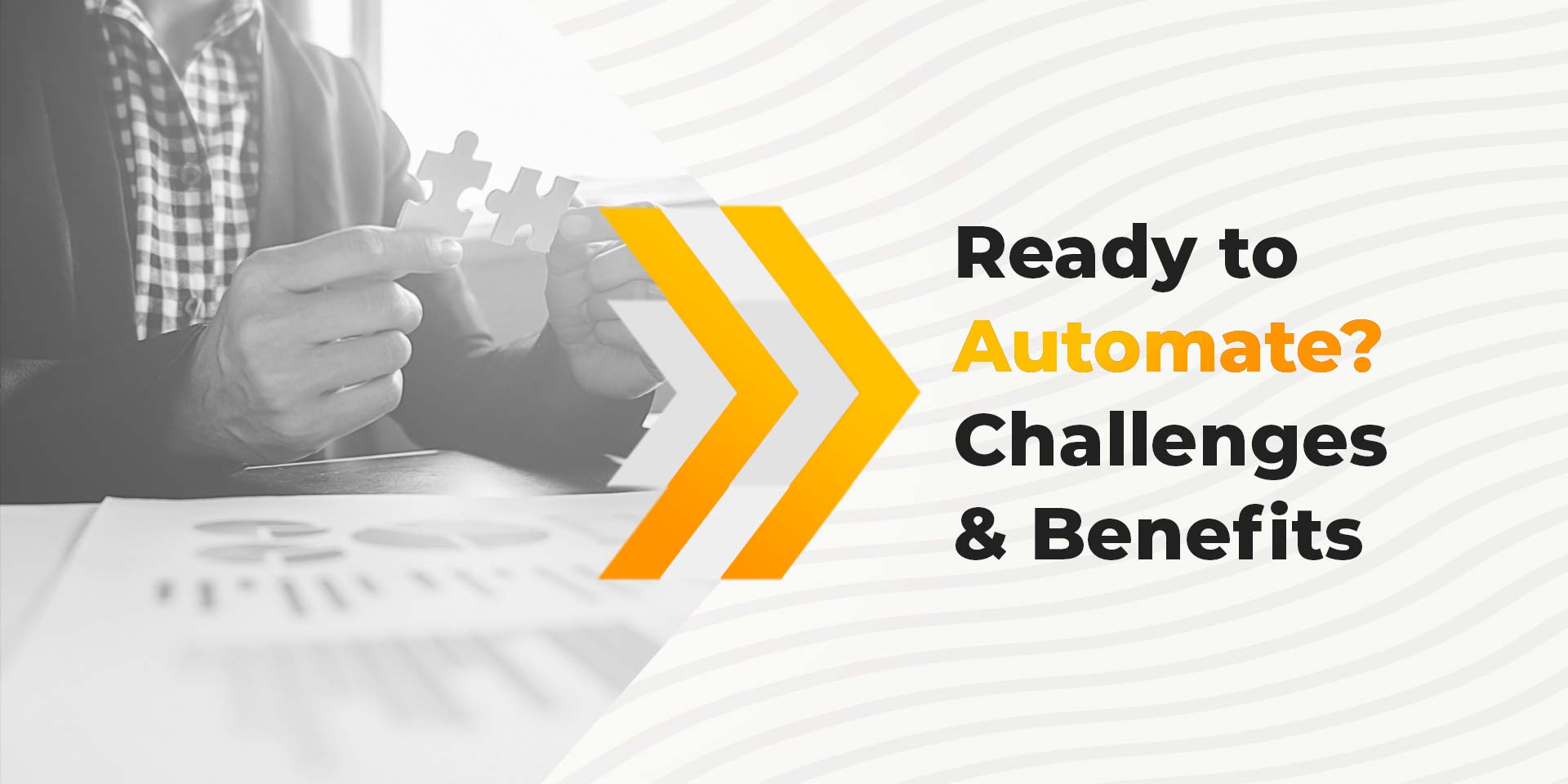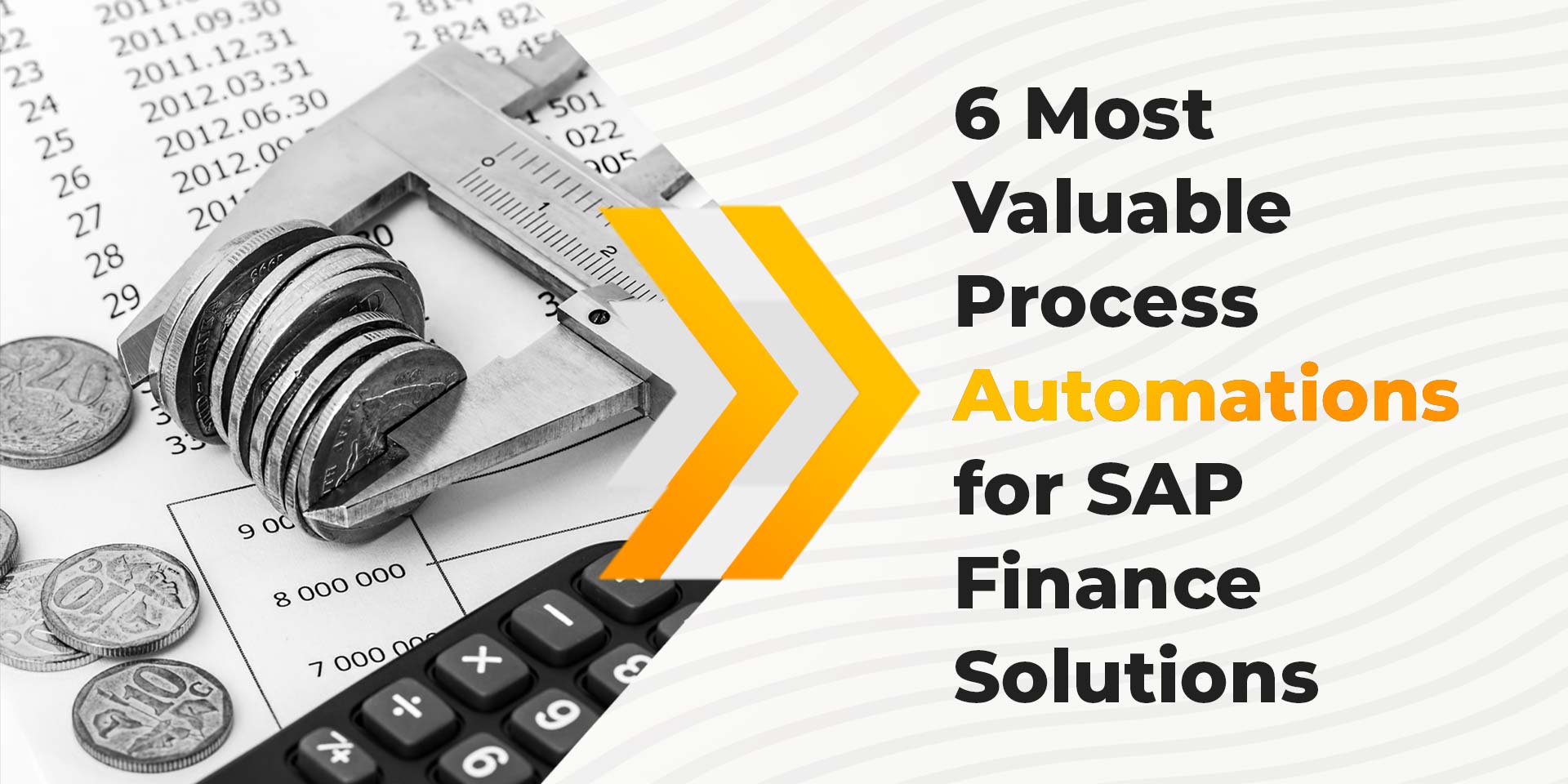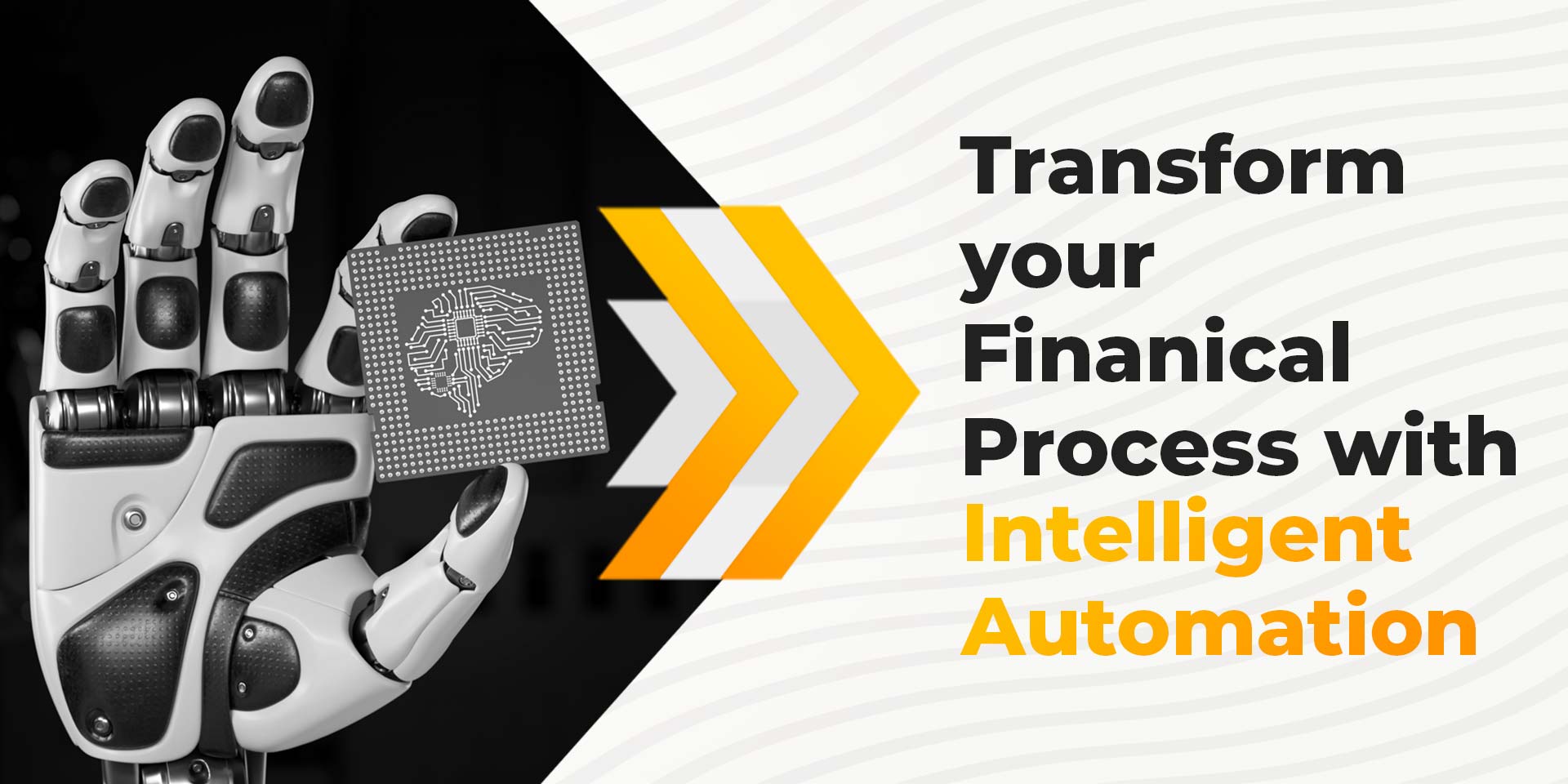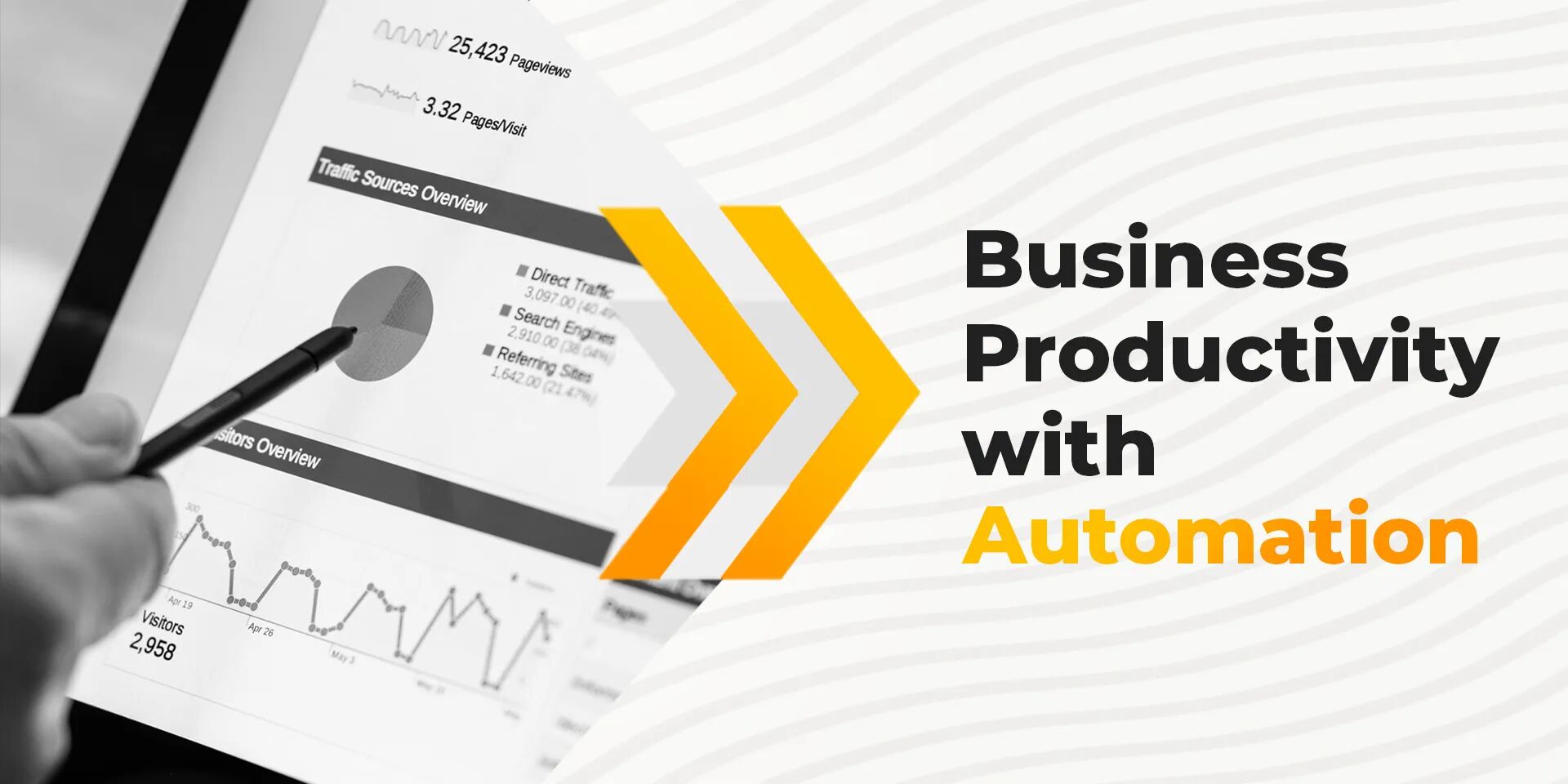Automation
The Role of Artificial Intelligence in Business Process Automation

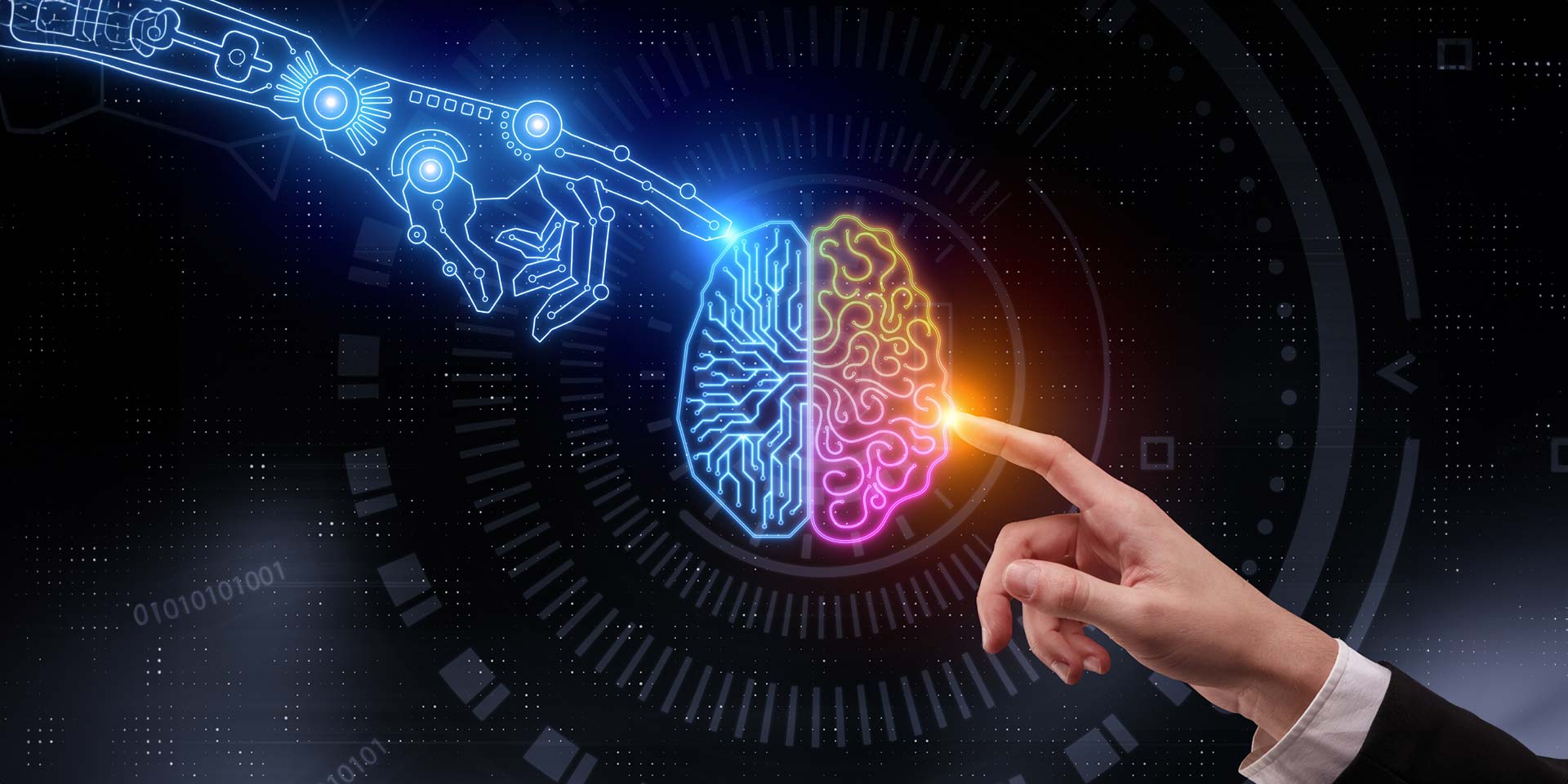
- Table of Contents
- Introduction
- Leveraging AI for Enhanced Efficiency
- Repetitive Tasks
- Cost Reduction
- Enhanced Decision-Making
- Scalability and Consistency
- Adaptability to Market Changes
- Competitive Edge
- Autonomous Enterprises- The Next Frontier
- The Human-AI Collaboration
- Integration Complexities and Vendor Compliance
- Measuring ROI and Driving Continuous Improvement
- Conclusion
Introduction
The integration of Artificial Intelligence (AI) into Business Process Automation (BPA) has emerged as a game-changer. As small businesses strive for efficiency, cost reduction, and enhanced productivity, AI-powered BPA solutions offer a pathway to achieve these goals. In this article, we delve into the pivotal role of AI in BPA, exploring its benefits, challenges, and the evolving landscape of autonomous enterprises.
Leveraging AI for Enhanced Efficiency
AI brings a paradigm shift to BPA by enabling intelligent decision-making, predictive analytics, and automation of complex tasks. Its ability to analyze vast datasets and learn from patterns empowers businesses to streamline workflows, optimize resource allocation, and drive continuous improvement. From inventory management to supply chain automation, AI enhances operational efficiency by automating repetitive tasks, reducing costs, and enabling real-time decision-making.
Repetitive Tasks
Repeatable processes such as data entry, document processing, and customer service can be automated using AI-powered bots, freeing up human resources for more critical tasks. According to a report, the implementation of AI in manufacturing enhances labor productivity by up to 27%. Moreover, AI-enabled chatbots and virtual assistants can handle customer inquiries, reducing response times and improving overall satisfaction.
Cost Reduction
AI-powered BPA solutions also offer significant cost savings for small businesses. By automating processes, companies can reduce manual labor costs, as well as human error. AI algorithms can identify areas for cost optimization and make recommendations to streamline operations and make up for total cost of ownership (TCO) deficits.
Enhanced Decision-Making
AI scrutinizes enormous datasets, uncovering insights that might escape human attention. Meanwhile, supply chain automation enhances real-time decision-making by evaluating various elements such as demand, transportation logistics, and supplier efficacy. Choosing the right BPA solution can also enhance decision-making by providing real-time monitoring and analytics, offering comprehensive insights into business operations.
Scalability and Consistency
One of the major benefits of using AI in business is its scalability and consistency. With automated processes, businesses can easily scale their operations without worrying about human resource limitations. This also ensures consistent results as AI-powered tools and algorithms follow predetermined rules and guidelines.
Adaptability to Market Changes
AI quickly adapts to changing market dynamics, allowing businesses to respond to fluctuations in demand, supplier availability, or market trends. In inventory management, this adaptability ensures that your stock aligns with customer needs and market shifts. Unlike Ui based automation, when paired with native automations, AI exhibits predictive behaviors that can help businesses stay ahead of the curve.
Competitive Edge
Businesses that embrace AI automation gain a competitive edge over those that rely solely on manual processes. By optimizing operations, reducing costs, and making data-driven decisions, AI-powered companies can provide better products and services to their customers at a more competitive price.
Autonomous Enterprises: The Next Frontier
As businesses embrace AI-driven BPA, the concept of autonomous enterprises is gaining traction. These enterprises leverage AI to create self-managing systems that adapt, learn, and optimize processes autonomously. By harnessing AI technologies such as machine learning, natural language processing, and predictive analytics, autonomous enterprises achieve unprecedented levels of agility, scalability, and resilience. From customer service chatbots to predictive maintenance in manufacturing, autonomous systems revolutionize traditional business models, enabling organizations to stay ahead in an ever-evolving market landscape.
The Human-AI Collaboration
While AI plays a pivotal role in BPA, human intervention remains essential for certain aspects of decision-making and problem-solving. This synergy between humans and AI underscores the importance of establishing a Center of Excellence (CoE) Center of Excellence (CoE) within organizations. A CoE serves as a strategic hub for fostering collaboration, defining best practices, and ensuring alignment between AI initiatives and business objectives. By nurturing a culture of innovation and knowledge sharing, CoEs empower businesses to harness the full potential of AI while mitigating risks associated with integration complexities and vendor compliance.
Integration Complexities and Vendor Compliance
Integrating AI into existing BPA frameworks poses challenges related to compatibility, data interoperability, and vendor compliance. Businesses must navigate the complexities of integrating AI-powered solutions with legacy systems, ensuring seamless data exchange and interoperability. Moreover, adherence to vendor compliance standards and regulatory requirements is paramount to mitigate risks and ensure data security and privacy. Resilient automation frameworks, stringent quality assurance processes, and proactive risk management strategies are essential to address these challenges effectively.
Measuring ROI and Driving Continuous Improvement
Measuring the Return on Investment (ROI) of AI-driven BPA initiatives requires a holistic approach that encompasses both tangible and intangible benefits. While cost savings and efficiency gains are quantifiable metrics, factors such as improved decision-making, enhanced customer experience, and competitive advantage also contribute to ROI.
Businesses must leverage key performance indicators (KPIs), benchmarking metrics, and predictive analytics to track the impact of AI on business outcomes continually. By embracing a culture of continuous improvement and innovation, organizations can optimize their AI strategies, iterate on automation processes, and drive sustainable growth in the long term.
Conclusion
In conclusion, the role of Artificial Intelligence in Business Process Automation is transformative, empowering businesses to unlock new opportunities, drive innovation, and stay ahead in a competitive market landscape. As autonomous enterprises rise to prominence, the synergy between humans and AI becomes increasingly vital for success. With the right BPA tool , businesses can harness the full potential of AI-driven BPA to achieve their strategic objectives and drive sustainable growth in the digital age.







